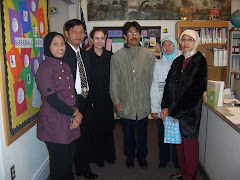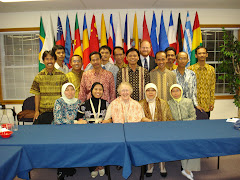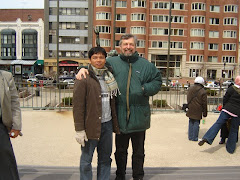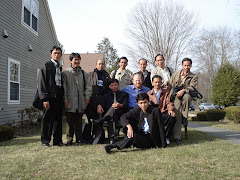The Big Numbers
We’re gonna learn how to count the big numbers:
1,000 : せん
2,000 : にせん
3,000 : さんぜん
4,000 : よんせん
5,000 : ごせん
6,000 : ろくせん
7,000 : ななせん
8,000 : はっせん
9,000 : きゅうせん
10,000 : いちまん
20,000 : にまん
30,000 : さんまん
40,000 : よんまん
50,000 : ごまん
60,000 : ろくまん
70,000 : ななまん
80,000 : はちまん
90,000 : きゅうまん
Let’s have a look at a number like 1,300. You would tackle the 1,000 first, which is せん. Then you’d take care of the 300, which is さんびゃく. Altogether 1,300 = せんさんびゃく. With a number like 35,000 you’d need to count the number of places. The last place holder starting from the right is the number 3 in the ten thousands place. So in Japanese this would be さんまん. Then count the place holder that contains 5. It’s the thousands place. So this would be ごせん. Altogether 35,000 = さんまんごせん. Let’s look at a number like 234,567. Let’s use ten thousand as the marker for dividing up the units. If you count from the right you’ll see that 23 occupies the ten thousand marker which would be にじゅうさんまん or 23,000. I’ll give you the number altogether. See if you can figure out it on your own. 234,567 = にじゅうさんまん よんせん ごひゃく ろじゅう なな.














No comments:
Post a Comment